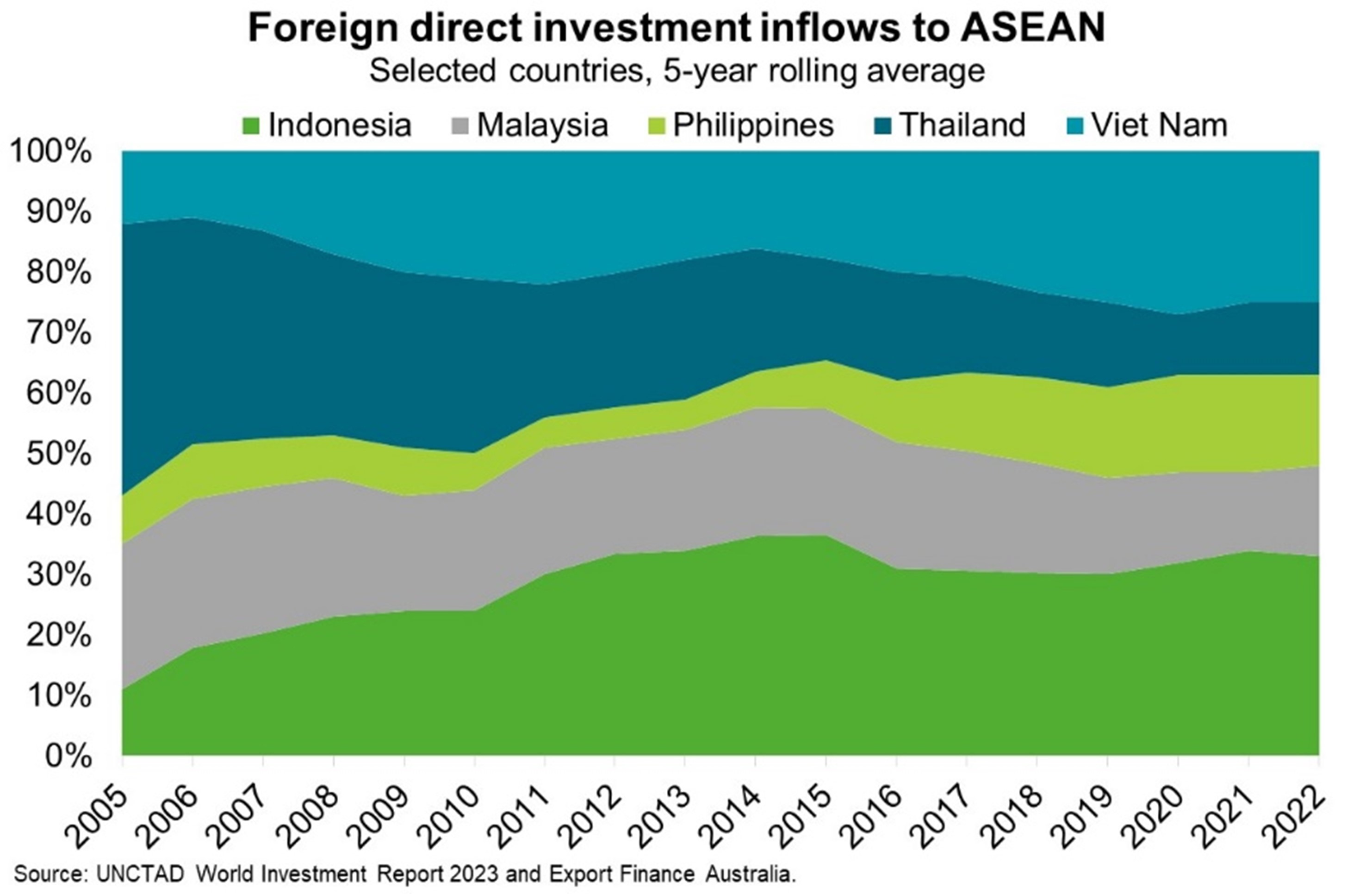Thailand—New governing coalition to prioritise economy amid scrutiny
Srettha Thavisin from the Pheu Thai Party (PTP) was endorsed as Thailand’s Prime Minister in late August. Srettha will preside over an 11-party coalition government including former rival military-linked parties. This ends a three-month political impasse where the leader of the Move Forward (MF) party—the top performer in the May general election—failed to win parliamentary support to become prime minister.
The PTP-led coalition will focus on stimulating the economy and achieving fairer income distribution. Populist election pledges included immediate economic stimulus, higher minimum wages, lower utilities prices, debt relief schemes and enhanced welfare benefits. While these expansionary fiscal policies will lift Thailand’s public debt, they may also placate supporters who disapprove of PTP’s partnering with the conservative royalist-military establishment. A lower likelihood of judicial interventions and military coups will also support political stability. Still, fractious coalition politics raise risks to governance and policy coherence. And the opposition MF party will likely use its numerical strength in parliament to improve checks and balances and pressure the government on controversial constitutional amendments and military reforms.
Thailand’s economic performance will continue to lag regional peers; GDP expanded 1.8% in Q2 from a year earlier, well below expectations and down from 2.6% in Q1. Ongoing political uncertainty will continue to weigh on investment prospects (Chart), with the economic fortunes of Southeast Asia’s second largest economy and Australia’s 13th largest export market instead depending heavily on tourism. While the number of inbound tourists has recovered to about three quarters of pre-COVID levels, China’s economic deceleration may frustrate further improvement, despite moves to waive visa requirements for Chinese and Kazakh tourists.

